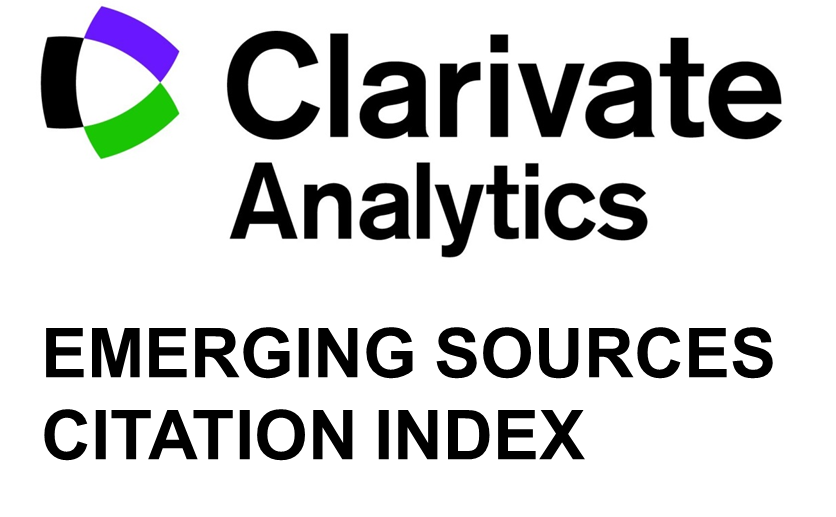Comparison of organizational cultures from a transitional economy and a knowledge economy: empirical study from Serbia and Southern California
Keywords:
organizational culture, knowledge economy, Industry 4.0Abstract
In this paper the authors discuss organizational culture with focus on differences between characteristics of
organizational culture in traditional economy and knowledge economy. In the literature, knowledge economy is
considered to be a platform on which Industry 4.0 is based. In the knowledge economy, knowledge is the key
resource while innovation capacity of employees is the key competitive advantage. That places people at the
centre of research relating to the success of organizations in the knowledge economy. People are carriers of
both; the key resource – knowledge, and the key capacity - innovation.Human capital is usually divided into
three categories in scientific literature: ‘traditional’, ‘convertible’ and ‘creative’. Creative human capital implies
the ability to set the tasks independently, the ability to switch between various activities, high professional
autonomy, continuing education, and knowledge sharing. Creative human capital is the accelerator of
transition from developing economy to knowledge economy. The importance of human capital and the
aforementioned key characteristics of the knowledge economy, and its specific aspects relating to knowledge
sharing and autonomy of knowledge workers, place the organizational culture at the centre of our research.
The main research question in this paper is:
Is it possible to identify and measure perception of organizational culture and its various dimensions in Serbia
and Southern California using Pareek’s OCTAPACE instrument?
From the main research question the research hypothesis emerged. In order to answer the research question
and to support research hypothesis, the survey was conducted in which the organizations from Serbia were
considered to be from transitional economy, and organizations from Southern California were considered to be
the standard for the knowledge economy. This paper presents the results of survey conducted on a sample of
383 executives and employees from organizations in Serbia and Southern California, using Pareek’s
instrument for the OCTAPACE model of organizational culture. Given that Industry 4.0 concept requires
continuous innovation, education and knowledge sharing that not only depends on the people’s skills and
attitudes, but also on organizational culture, results from this research should be useful to organizations in
transitional economy as they attempt to keep pace with organizations from knowledge economies.
Downloads
Published
Issue
Section
License
Copyright (c) 2020 Zoran Drašković, Đorđe Ćelić, Viktorija Petrov, Zorica Uzelac

This work is licensed under a Creative Commons Attribution 4.0 International License.














